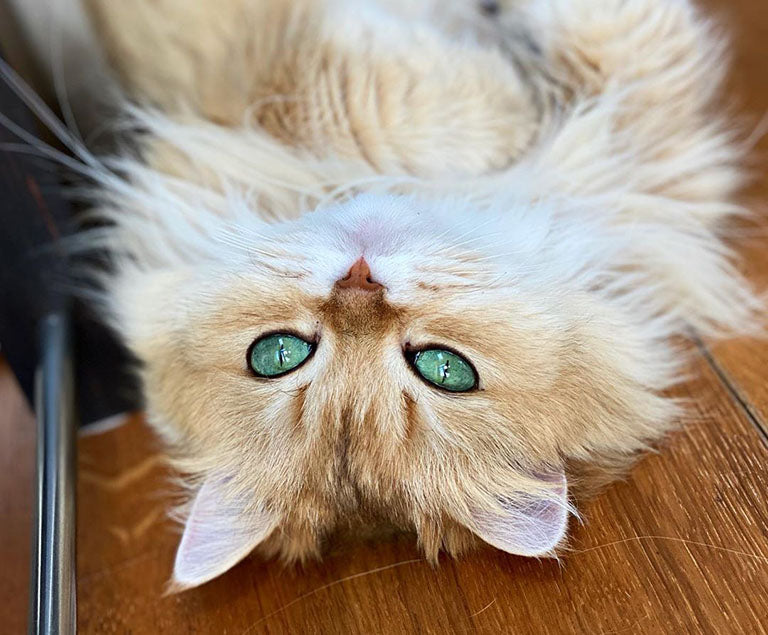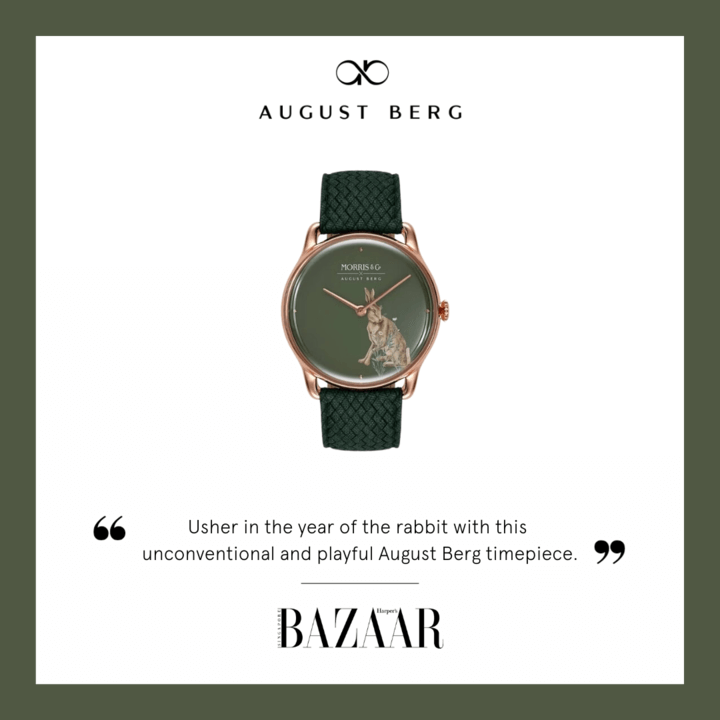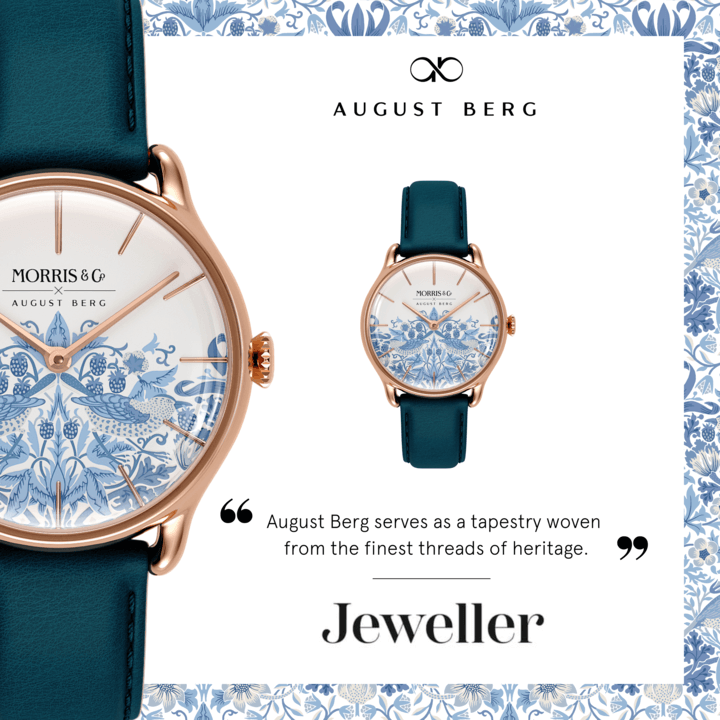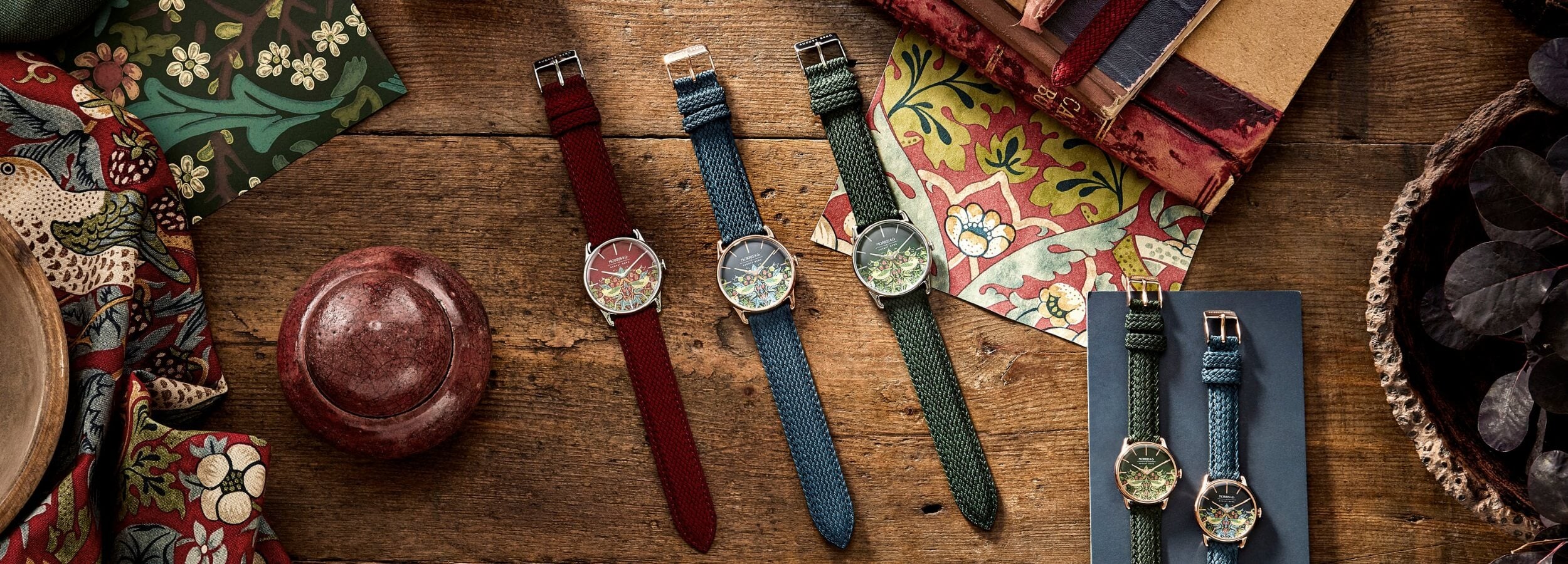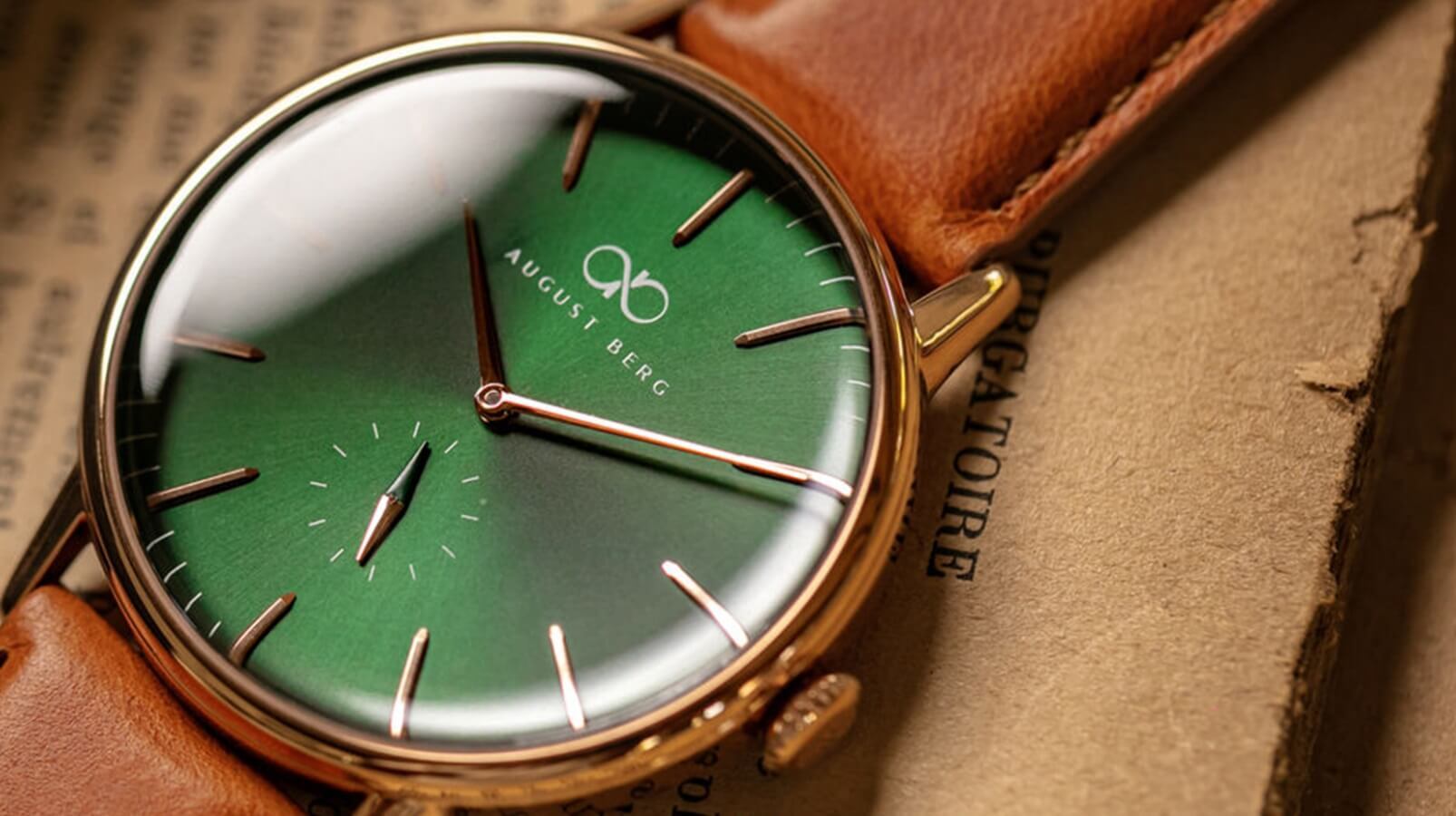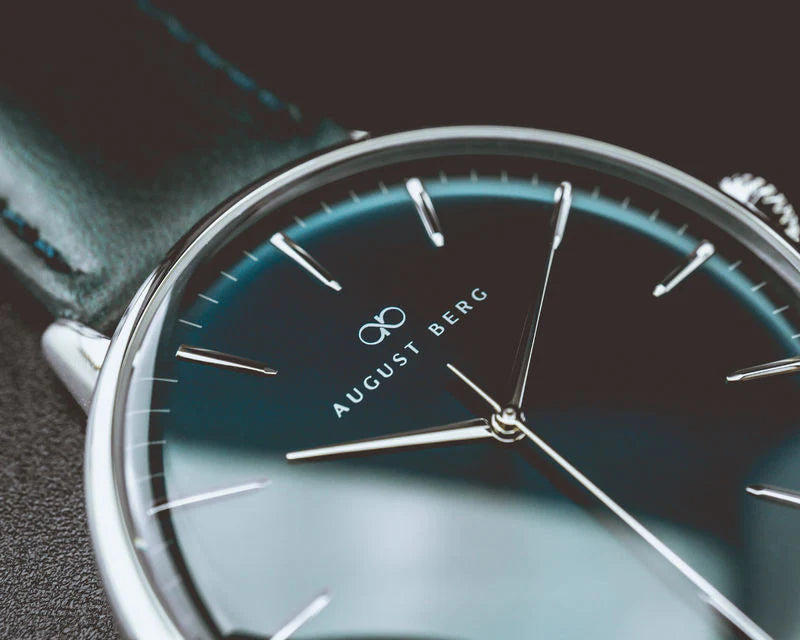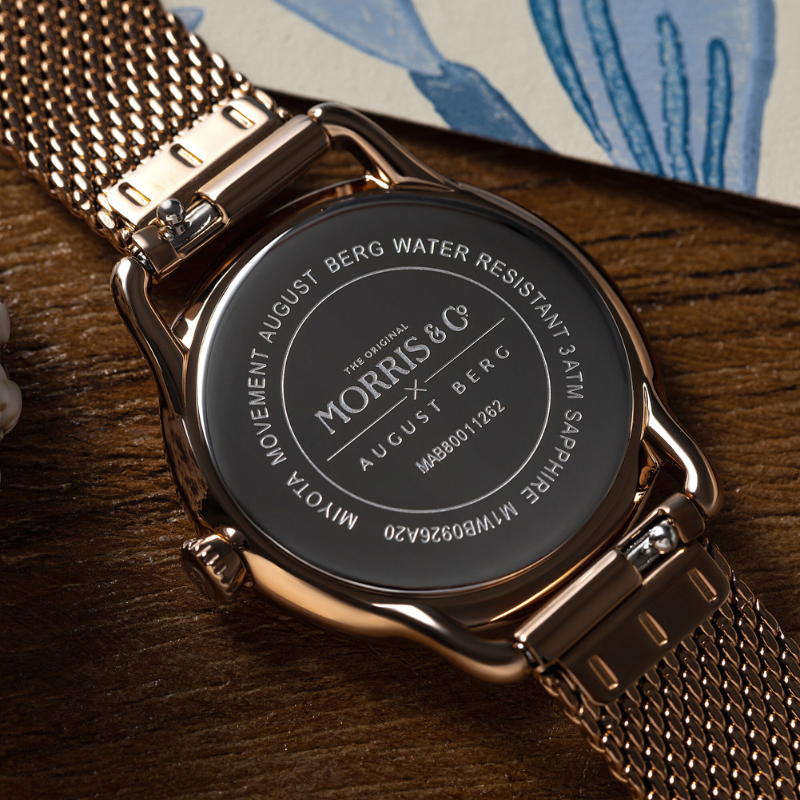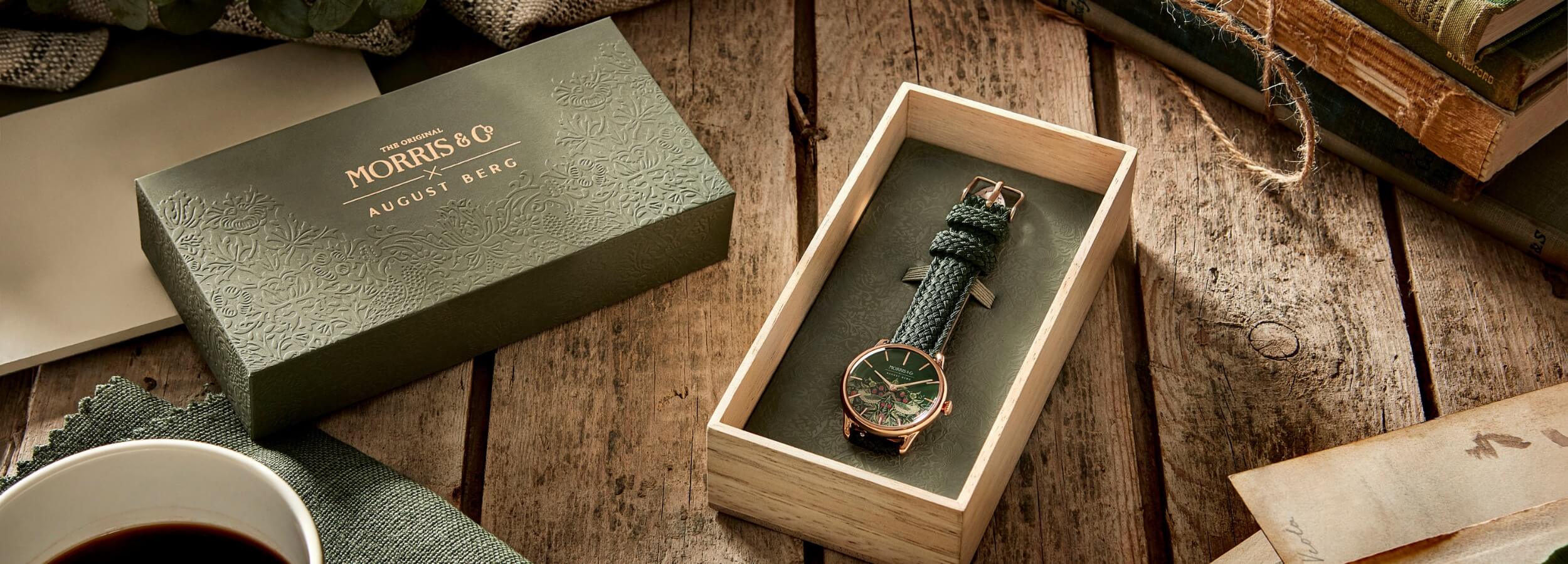“When I tell you, a cat must have THREE DIFFERENT NAMES.
First of all, there’s the name that the family uses daily,
Such as Peter, Augustus, Alonzo, or James,
Such as Victor or Jonathan, George or Bill Bailey—
All of them sensible everyday names.
There are fancier names if you think they sound sweeter,
Some for the gentlemen, some for the dames:
Such as Plato, Admetus, Electra, Demeter—
But all of them sensible everyday names,
But I tell you, a cat needs a name that’s particular,
A name that’s peculiar, and more dignified,
Else how can he keep up his tail perpendicular,
Or spread out his whiskers, or cherish his pride?
Of names of this kind, I can give you a quorum,
Such as Munkustrap, Quaxo, or Coricopat,
Such as Bombalurina, or else Jellylorum—
Names that never belong to more than one cat.
But above and beyond there’s still one name left over,
And that is the name that you never will guess;
The name that no human research can discover—
But THE CAT HIMSELF KNOWS, and will never confess.”
-T.S. Elliot, American Poet
This poem entitled “The Naming of Cats” by famous American poet T.S. Elliot, who is also the author of “The Waste Land”, the most influential poetic work of the twentieth century. While at first glance a seemingly abstract poem, the meaning behind this poem is deeply profound.
‘The Naming of Cats’ is the most famous manifestation of the age-old Japanese saying that “An individual has three faces”. This is about the human behaviour, which is an incredibly complex concept as there are many layers to anybody, including their familial upbringing, personalities, attitudes, culture, emotions and experiences in life, to say the least. However, in trying to understand ourselves and in line with practising mindfulness, we must first realise and explore the many facets of ourselves so that we are better able to interact and react to the situations around us. This means attempting to crack our behavioural code, which is often the hardest because most times, we simply do not have a mirror around to show us how we act or react.
Before we confuse ourselves with all the mumbo-jumbo that only the professional psychologists are apt at, perhaps we can first look at the main three faces of our ‘self’.
“The name that the family use daily”: The face we show to the world

This is also the most used ‘face’ and what most people would know us by. As we live in this vast world, we will inevitably cross paths with thousands of people. A huge number of these people we meet are brief encounters, like tourists in our lives. Just as how we treat a tourist from another country, we tend to show higher hospitality, giving them a good impression of us, attending to their needs and featuring only our attractive sides.
Of course, any logical person would know not to trust strangers as we trust our family. Similarly, we are likely to be vague in speaking or acting with these people and find ourselves sticking to a culturally and socially acceptable behaviour and speaking about very general topics so as to not seem ‘off’.
Ironically, this face is the most exhausting face to put on because of all the cautionary checklists and conscious decisions we must make while interacting with others, like thinking to ourselves “Is this right to do? Will it sound weird if I did this? If I do this, will they get a wrong impression of me?”
“A name that’s particular”: The face you show to family & friends

This face is reserved for the special ones in our lives whom we care most for, like our family members and our best friends, even though they come from different moments in our lives.
Our best times are often spent with them and they know our inside jokes. It is a lot more comfortable to be with them as we are more ‘ourselves’, with no need for formalities or constantly ‘thinking for others’. When you are in trouble too, it is the people whom you show this face to that is likely to be there for you, to comfort you and be your supporter.
In response, we also do the same for these people by entering what many call the caring and loving behavioural group, to help them, be present with them and take the extra mile to ensure that they are happy.
Interestingly, this is probably the face you have on during most of the times you feel joy and happiness and is the closest face anyone else will have of you.
“One name left over”: The face you show to only yourself

Dubbed the face of solitude, this face is almost like a mirror, reflecting our truest self when no one else sees. It is also the most complex face we have.
Like an omnipresent narrator, it is the face that causes us to feel guilty as our first face tells someone that dress looks good on them because you want to achieve your sales target and the face that weeps as your second face tells your loved ones that you are okay.
Even though it is our truest face, it holds some of our most sorrowful and darkest moments and is the neediest yet most neglected face by ourselves.
Now that we realise the three faces we show to people, we are more aware of how often and for how long we put each face up for. This is essential in letting us realise when we have exhausted ourselves too much and alerts us when we are neglecting our loved ones or ourselves. When this happens, you can take a look at our self-love article for ideas to recharge.




